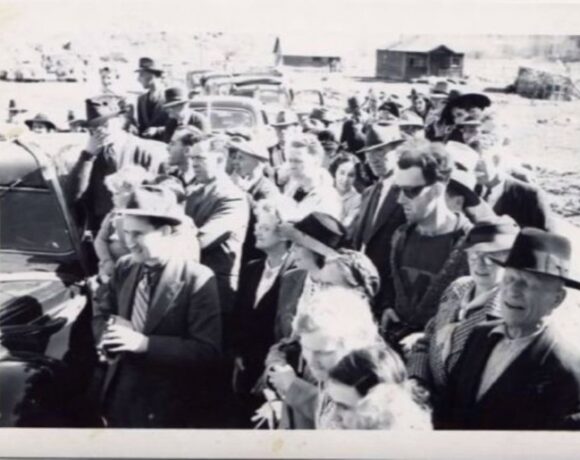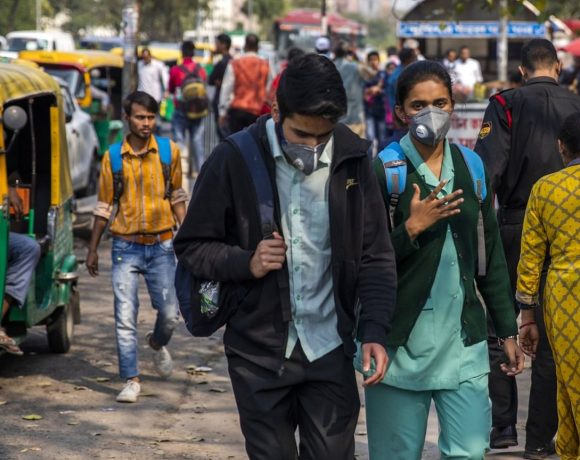Third term as Iraqi PM

 A casual wave to fellow diners in a Baghdad restaurant in 2008 sealed Nouri al-Maliki’s reputation as the man who restored a degree of normality to a city that civil war had nearly destroyed.Now he has gone out again among the people, strolling around the city to prove he is still attuned to their problems as he lobbied voters to give him a third term as prime minister when they cast their ballots in elections on Wednesday.
A casual wave to fellow diners in a Baghdad restaurant in 2008 sealed Nouri al-Maliki’s reputation as the man who restored a degree of normality to a city that civil war had nearly destroyed.Now he has gone out again among the people, strolling around the city to prove he is still attuned to their problems as he lobbied voters to give him a third term as prime minister when they cast their ballots in elections on Wednesday.
“These people standing outside waiting in the sun are suffering,” he thundered at a vehicle registration office during the televised walkabout last month. “People in their offices with air conditioners over their heads don’t feel their discomfort.” The highest levels of violence since Maliki took on the militias in 2008 are undermining his message. He still leads the election field, but his opponents are circling and could unseat him, if they can overcome considerable differences.
A year-long offensive by al-Qaeda inspired Sunni militants is moving ever closer to the capital and Shi’ite militia, often teamed with security forces, are taking revenge on Sunni communities, diminishing the stature of Maliki’s Shi’ite-led government. In March alone 180 civilians were killed and 477 were wounded in Baghdad among more than 2,000 killed across Iraq so far this year.
Normally seen behind closed doors and a wall of security, Maliki’s usual message is vengeance for the bombings that have again become a regular feature of Iraqi life and criticism of political opponents, who he says are set on undermining him. His concentration of power over the past eight years – he holds the defense, interior and security portfolios as well as the premiership – gives him a clear electoral advantage, as does the offensive against the Sunni militants he launched last year. But it has also made him enemies among Shi’ite, Sunni and Kurdish leaders alike and his rivals say they are prepared to put sectarian differences behind them to unseat him.
Maliki portrays himself as preventing Sunni extremists in Iraq’s Anbar province and neighboring Syria from hurting the Shi’ites, a sharp contrast with his non-sectarian message at the last election in March 2010, a year and a half before U.S. troops withdrew. His old language promising national unity has long since disappeared.
In a speech this month, Maliki accused his political foes of undermining the fight in Anbar that been at a stalemate for months. Some in Iraqi security estimate more than a thousand Shi’ite troops have been killed and thousands have deserted from the army, as regular Shi’ite soldiers complain their leadership has not provided them with the equipment and training to win. “It is so saddening that, at the time our army faces these killers and criminals, it is being stabbed in the back by some politicians who accuse the army of lacking principles,” Maliki said.
Iraqis, including from the Shi’ite majority, might wish for another leader, but many cannot imagine a replacement. Maliki is, in their words “the best of the worst.” His aides say the war against al Qaeda offshoot, Islamic State of Iraq and the Levant (ISIL) in Anbar province to the west of Baghdad is working to Maliki’s advantage.
“Before Anbar, the Shi’ites weren’t happy with public services and Maliki was portrayed as weak. After Anbar, people see him as a strongman. They think he is right to use force against these people. There is a sectarian flavor to it,” said one of his senior advisers.
A Shi’ite tribal leader from northern Baghdad warned last week that any successor would have to rebuild a military leadership dependent on Maliki, with ISIL just 16 miles from Baghdad, almost within reach of Shiite neighborhoods. Al-Muwatin, or the Citizen, which groups two of his longtime rivals, the Islamic Supreme Council of Iraq and the movement of Shi’ite cleric Muqtada Sadr, say if Maliki stays, Iraq could fall apart. They are hoping a fragmented vote will give them the upper hand.
One of their frontrunners is Bayan Jabor, a former interior minister who Sunnis say allowed militias to run death squads under police cover in 2005 – a charge he refutes. Jabor says Maliki has mismanaged the war, arguing that the prime minister’s moment of greatness after he ended the civil war in 2008 has long passed. “We are now in 2014 and we can’t go back eight years,” according to Jabr. “I believe that the future of Iraq, under the current government’s policies, will be fragmentation.”
Denisha Sahadevan








